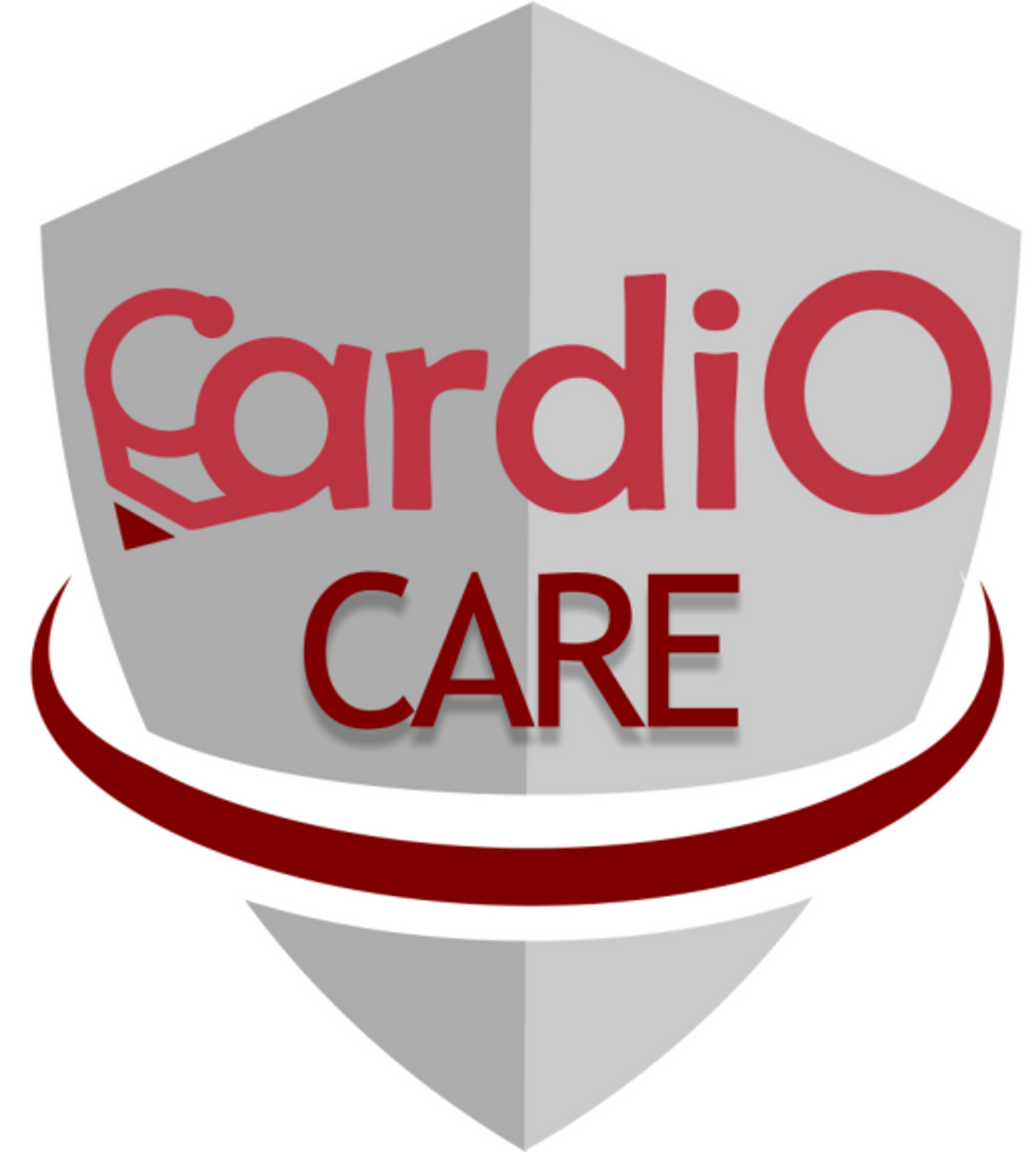Evidence-based best practices for risk stratification of elderly breast cancer patients are still lacking. Data for this patient population are scarce, since elderly patients are underrepresented in clinical oncology trials. Consequently, lower doses of chemotherapy are prescribed due to concerns for the onset of cardiotoxicity, frailty bias and high prevalence of multimorbidity. This contributes to the undertreatment of patients with a negative impact on their quality of life. The H2020-funded project, CARDIOCARE, which began on July 2021, addresses this challenge and develops a novel and cost-effective risk stratification and healthcare model, based on new sets of quality key performance indicators, digital and imaging biomarkers, providing evidence-based best practices and care pathways to improve the management of multimorbid breast cancer patients at risk for cardiotoxicity.
CARDIOCARE project is currently on M22. In this period, an initial design of the CARDIOCARE platform architecture has been performed and a first version of the platform has been delivered. The platform allows the multi-dimensional data collection, harmonization, storage and processing and the provision of eHealth services, employing appropriate privacy and data protection principles. In what concerns the progress on the clinical tasks, the clinical protocol has been finalized. In more detail, in the prospective clinical study, multiparametric data (clinical, imaging, -omics, biomarkers, psychomarkers, intrinsic capacity and quality of life) from 750 patients through the CARDIOCARE mobile application and digital biomarkers from sensor devices (physical activity sensor, cardiac activity sensor) will be collected, to be used by machine learning approaches, for uncovering novel factors and pathways linked to cardiotoxicity onset and impairment of patients’ intrinsic capacity and quality of life. CARDIOCARE also includes a retrospective study. The retrospective data collection has been completed, with multidimensional data (imaging data, biochemical biomarkers, lab tests) collected from 1,587 elderly breast cancer patients, from 5 clinical centers across Europe.
In CARDIOCARE, an eHealth patient-oriented CARDIOCARE application has been developed, to be used by the patients in a home environment. The mobile application includes two sub-applications: (i) the ePsycHeart mobile application, and (ii) the eHealtHeart mobile application, for enabling efficient monitoring of health status and quality of life and implementation of behavioral and psychological interventions. In more detail, the mobile application targets at improving patients’ intrinsic capacity, including psychological, cognitive stimulation, physical activity, vision and hearing, dietary and urinary incontinence management and preventing falls. Patients in the control arm of the prospective clinical study will use the ePsycHeart mobile application, which is coupled with wearable sensors (smartwatch, heart zone sensor) and a hand grip dynamometer, while patients in the intervention arm will use both the ePsycHeart and eHealtHeart mobile applications. The eHealtHeart application implements patient-oriented interventions, such as the Biofeedback [1], the Best Possible Self [2], the Expressive Writing [3] and the ABCDE [3], which aim to improve patients’ emotional status. This approach simplifies the process of monitoring the patients and also provides them with a unique tool for being empowered on their overall psychological wellbeing.
Follow CARDIOCARE on Twitter, LinkedIn, and Facebook.
References
1.Alneyadi M, Drissi N, Almeqbaali M, Ouhbi S. Biofeedback-Based Connected Mental Health Interventions for Anxiety: Systematic Literature Review. JMIR mHealth uHealth. 2021;9(4):e26038. doi:10.2196/26038
2. Enrique Á, Bretón-López J, Molinari G, Baños RM, Botella C. Efficacy of an adaptation of the Best Possible Self intervention implemented through positive technology: a randomized control trial. Appl Res Qual Life. 2018;13(3):671-689. doi:10.1007/s11482-017-9552-5
3. Kupeli N, Chatzitheodorou G, Troop NA, McInnerney D, Stone P, Candy B. Expressive writing as a therapeutic intervention for people with advanced disease: a systematic review. BMC Palliat Care. 2019;18(1):65. doi:10.1186/s12904-019-0449-y
4. Amonoo HL, Celano CM, Sadlonova M, Huffman JC. Is Optimism a Protective Factor for Cardiovascular Disease? Curr Cardiol Rep. 2021;23(11):158. doi:10.1007/s11886-021-01590-4
Disclaimer: CARDIOCARE has received funding from the European Union’s Horizon 2020 research and innovation programme under grant agreement No 945175 - This output reflects only the author’s view and the European Commission is not responsible for any use that may be made of the information it contains
